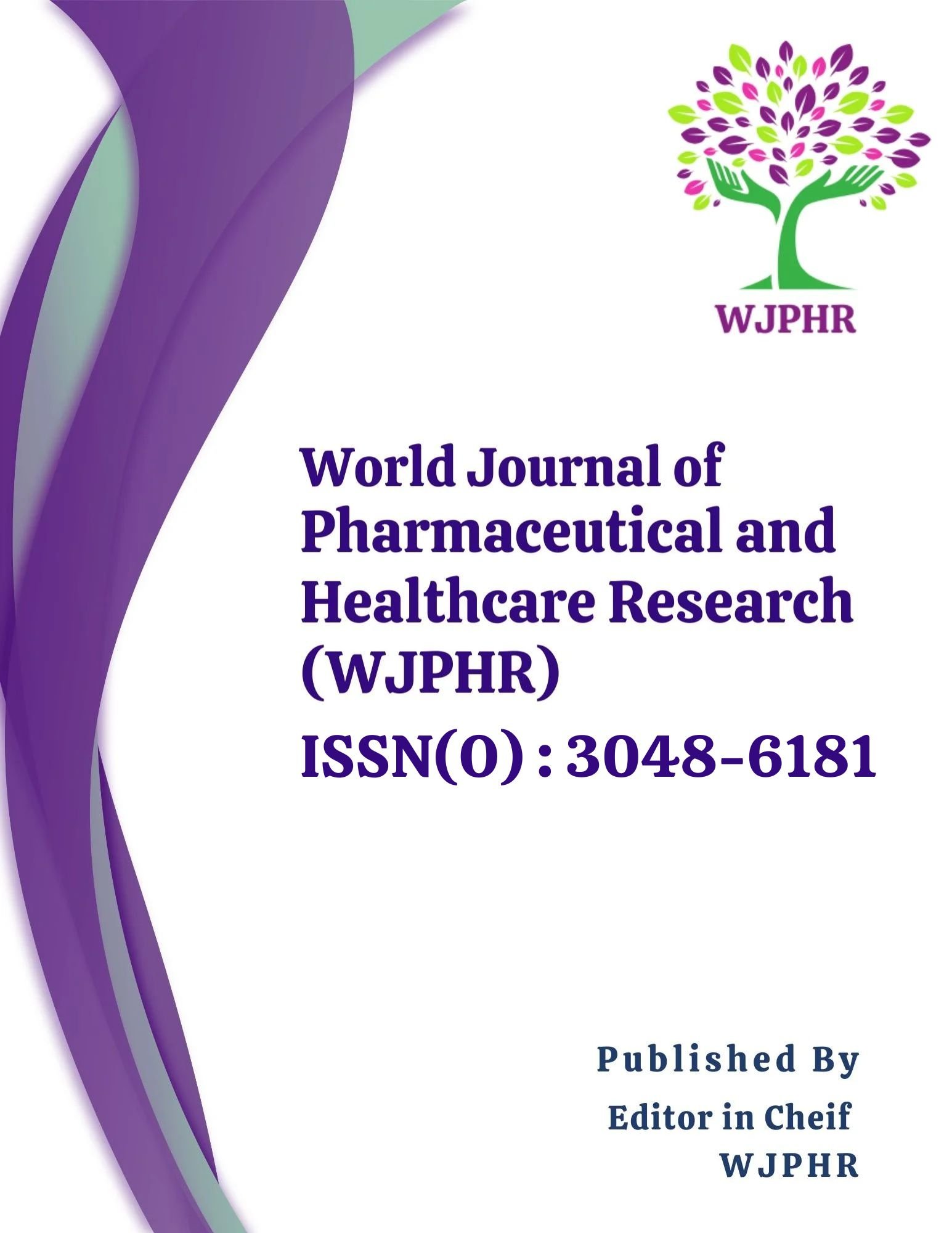DOI:
VOLUME 1 – OCTOBER ISSUE 3
Muhammad Akram*, Fahad said Khan, Umme Laila, Muhammad Muddasar Saeed, Maria Perwaiz, Rida Zainab, Muhammad Talha Khalil, Hina Anwar, Murthy Chavali, Kelechi E. Onwuka, Sarvananda.L, Mourad Ben Said, El Hadji Seydou Mbaye, Maghchiche Abdelhak, Ahmed A. H. Abdellatif, Gawe So'owski
ABSTRACT
This article provides a comprehensive analysis of the early diagnosis methods used in the early phases of the COVID-19 epidemic. As the pandemic spread, the pressing need to quickly and accurately identify SARS-CoV-2 prompted the creation and application of a number of diagnostic techniques. We examine the effectiveness, drawbacks, and development of important techniques such as RT-PCR, antigen tests, and antibody assays, emphasizing the sensitivity and specificity of each. The article examines the practical difficulties in implementing these strategies and how they affect public health interventions such as quarantine and contact tracing. This article provides a detailed overview of how early diagnostic procedures affected the early response to the pandemic and lays the foundation for future advances in diagnostic techniques by combining insights from early research and practical applications.
Keywords:
COVID-19; SARS-CoV-2; Virus; Diagnosis; Antigen; Outbreak; Pandemic.
